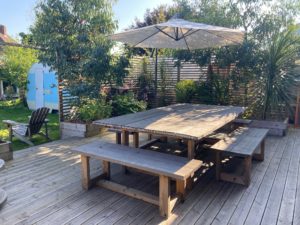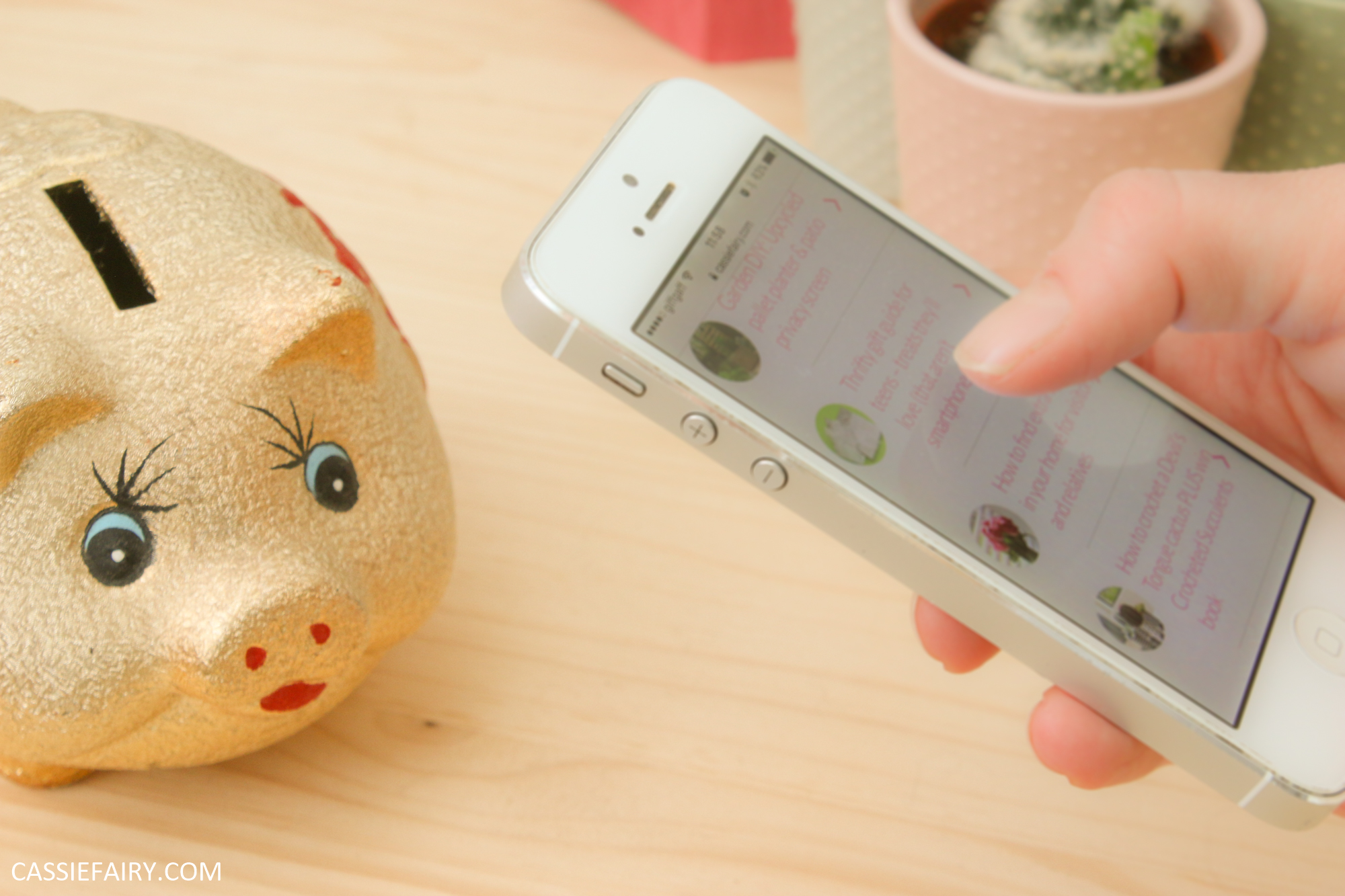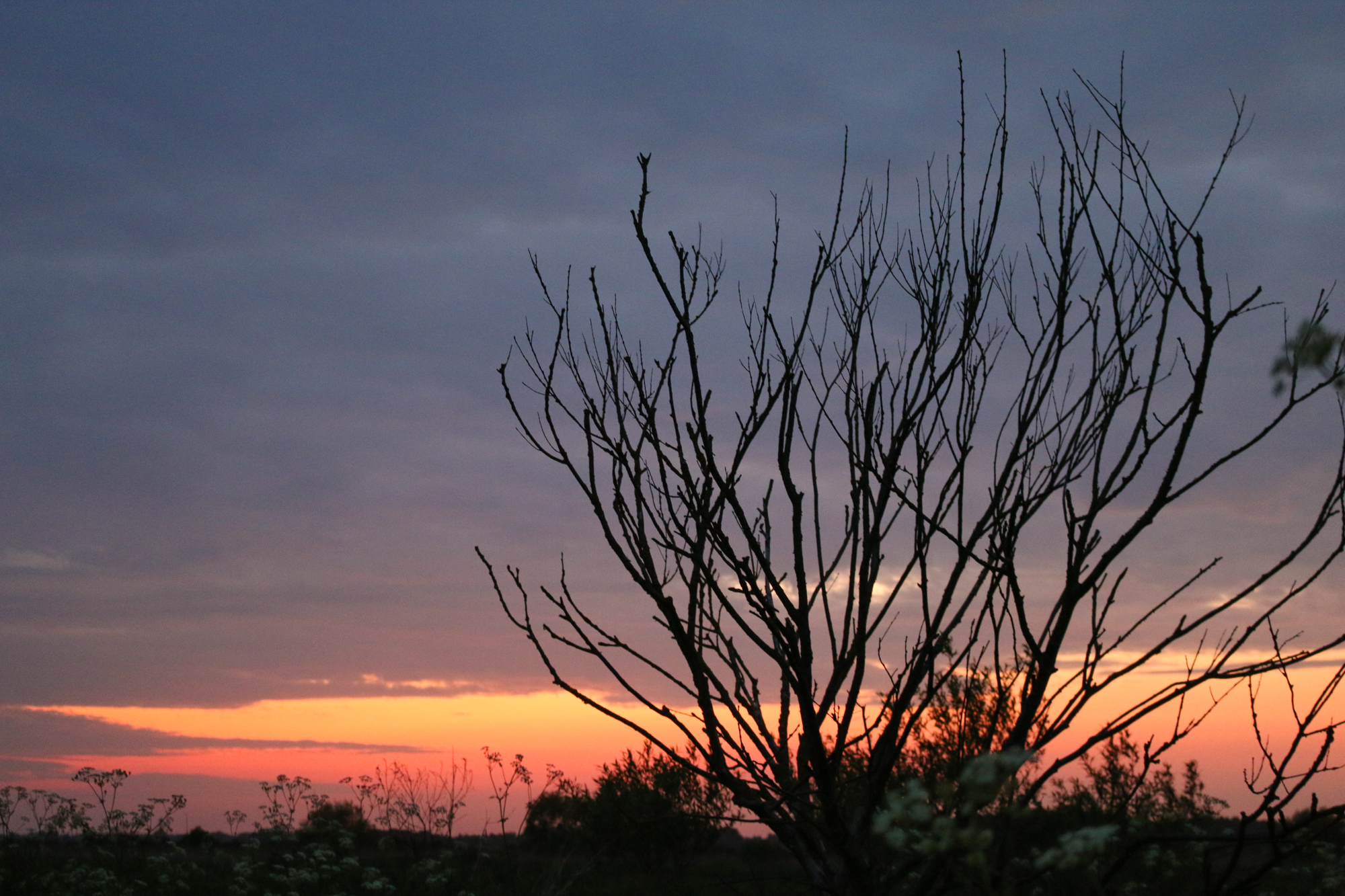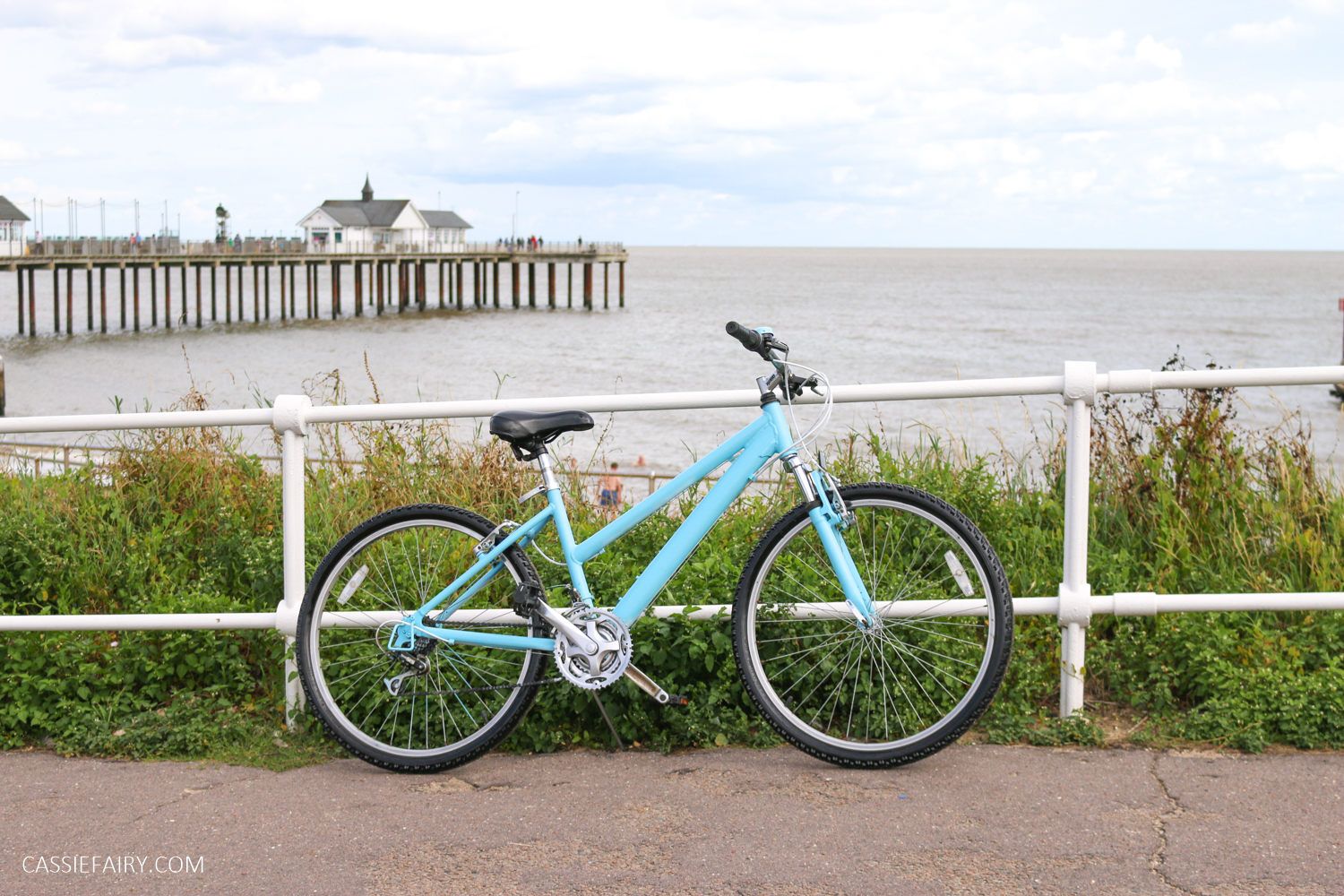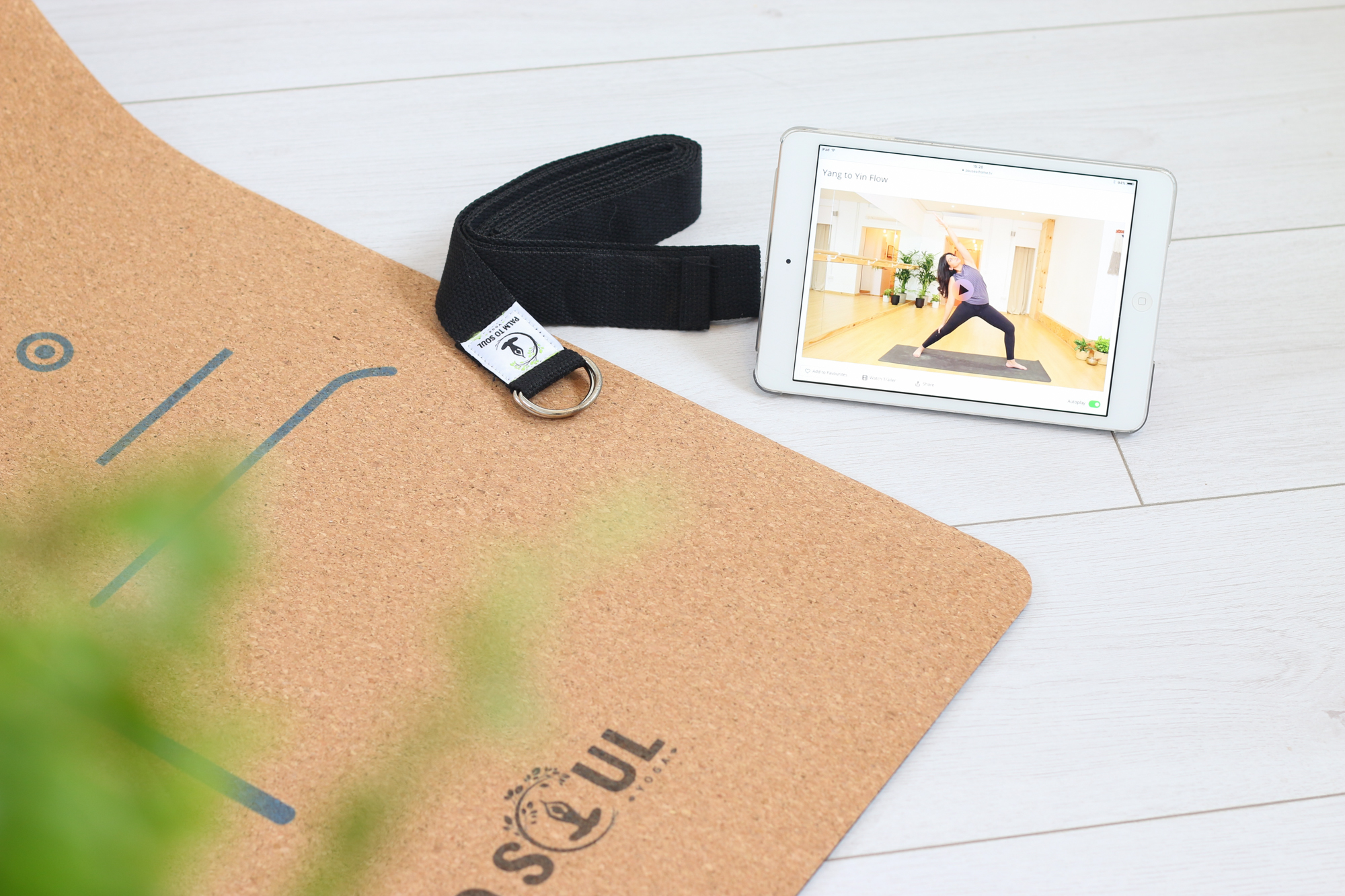
When our sleep is disrupted, even by the small adjustment to British Summer Time, it can affect our brains, making us more irritable, less able to make decisions and cause more mistakes to be made. We can feel fatigued and might struggle to get our sleep pattern back on track.
The thing with the clocks changing is that we get a lot more daylight – which is great, as we need lots of natural light to keep our circadian rhythm in check and to therefore help us feel sleepy at night. But, we still technically ‘lose’ an hour of sleep and will need to adjust to the new time zone going forward.
I’ve previously shared 9 ways to boost your bedtime routine so you might find it useful to read that article too, but today we’re focusing on the mornings – especially the days and weeks immediately following the clock change – to help you embrace Daylight Saving Time with ease.

Sunrise
Even though we start off with darker mornings after the change to BST, which can make us feel like it’s not time to get up, the bonus is that we’re more likely to see sunrises (without having to get up extra-extra-early). For me, this is a lovely time, as I enjoy seeing the sky turn pink and become brighter – it’s like a natural alarm clock.
But only a couple of weeks after the clocks change, it’ll be lovely and light in the mornings, which will hopefully make you want to jump out of bed. However, it can sometimes be very bright too early, which can interrupt your sleep. So, one way to wake up with a natural sunrise feel is to adjust the amount of light that comes into your bedroom.
I personally have wooden shutter blinds in my bedroom that I leave very slightly open when I go to bed at night. That means a little natural daylight filters into the room in the morning – not too much too early, but enough to create the effect of the sun rising in the room. This gives you a more natural way to wake up, especially when compared to heavy curtains and blackout blinds, which keep the room extra dark and mean you’ll have to put on a bright artificial light when you wake.

Sleep pattern
Another thing you can do to combat the effects of the chock change is to start adjusting your sleep pattern NOW to prepare for it. If you go to bed a little earlier tonight and even earlier on Saturday night, you’ll have slightly adjusted the sleep rhythm in your own body and won’t feel so out of sorts when you wake on Sunday morning.
Morning light
The days and weeks after the clocks go forward, try to get the most amount of natural early morning daylight as you possibly can. Go outside in your garden straight away in the morning to show your body that daytime is here. It’ll give you energy for the day ahead plus it’ll help your body’s circadian rhythm to adjust and make it easier to sleep at night.
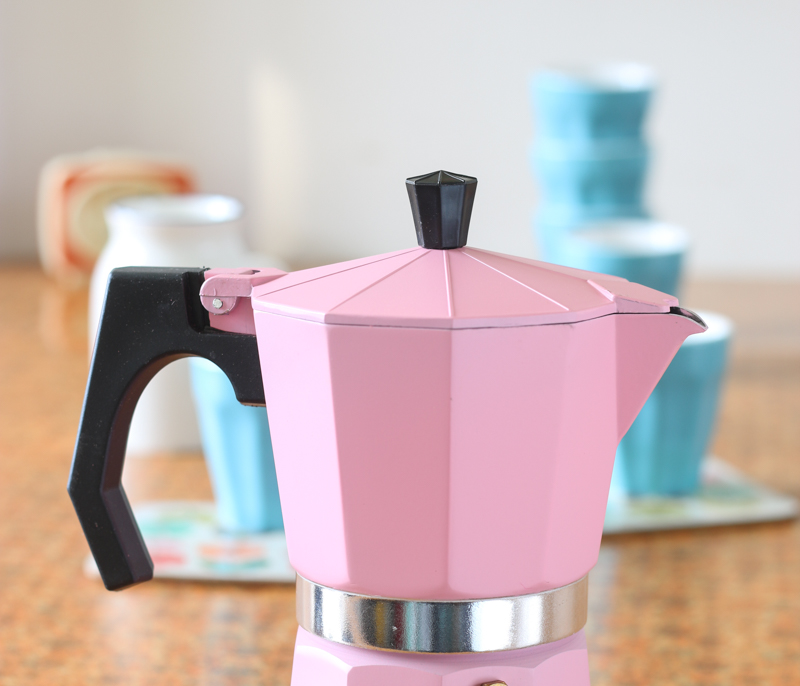
Caffeine
It’s only this year that I’ve found out about the effects of caffeine on your body and energy levels and, having changed the way that I use caffeine, I now have so much more energy in the afternoons and evenings. I wrote about what I learnt about caffeine and the things I changed in my how to get a perfect night’s sleep and boost your energy levels blog post so be sure to have a read of that too.
I hope these suggestions will help you to embrace the changing times and seasons. Please leave your sleep hacks in teh comments below, along with any tips for coping with the clock change this spring. Thanks 🙂
Pin it for later
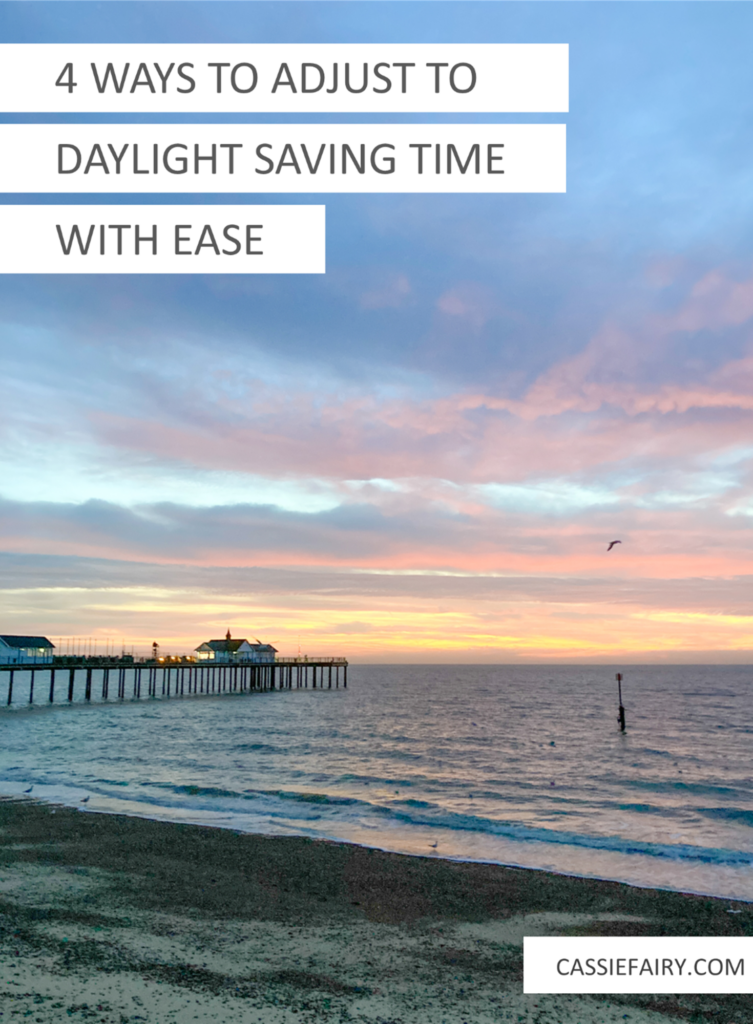
This article is a sponsored collaboration. The pink links in the content indicate a sponsored link or information source. The blog post reflects my own experience and the sponsor hasn’t had any control over my content 🙂







